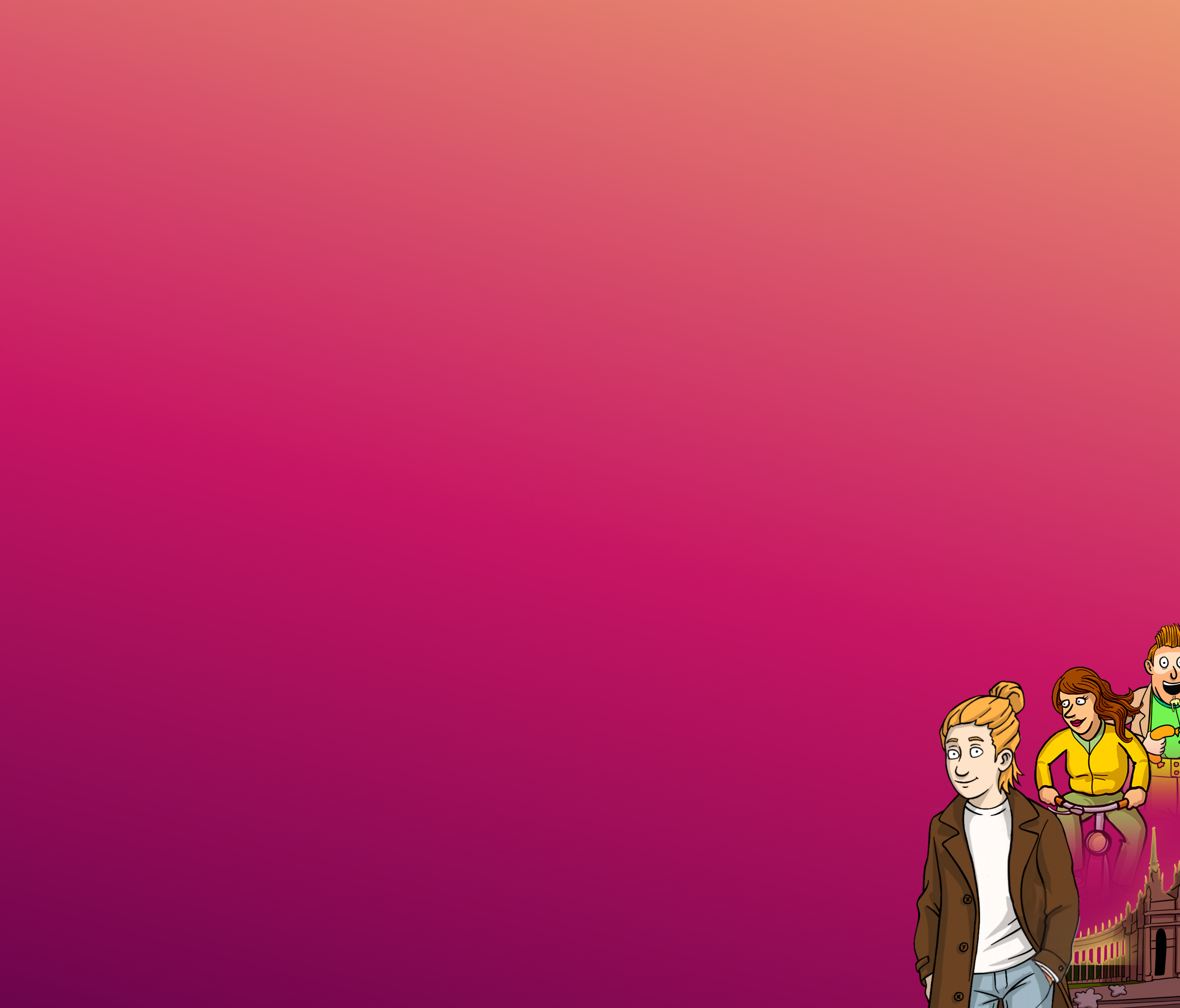Modal particles
We can use the words denn, doch, ja, eben, halt, etc., to express nuances such as interest, surprise, resignation, etc., in everyday spoken German.
Das ist wunderbar! → Das ist ja wunderbar!
That's wonderful! → That's really wonderful!
These are the most common modal particles:
- Doch: to seek confirmation when asking a question, when making a request, and to express known facts
Das stimmt doch, (oder)? (Frage)
That's right, isn't it? (question)
Komm doch vorbei. (Aufforderung)
Come on over. (request)
Das weiß doch jeder. (bekannter Fakt)
But everyone knows that. (known fact)
- Denn: to express interest in questions, to show slight impatience or surprise
Wann ist denn deine Prüfung?
So when is your exam?
Ist da denn kein Zucker drin?
Is there no sugar in it then?
- Ja: to express surprise or issue a warning
Das ist ja wunderbar! (Überraschung)
That's really wonderful! (surprise)
Mach das ja nie wieder! (Warnung)
Don't ever do that again! (warning)
- Eben or halt: to express resignation
Das funktioniert eben/halt nicht.
This just doesn't work.
- Bloß: for warnings or to express impatience or despair in questions
Hör bloß auf!
Just stop it!
Wo stecken sie bloß?
Where on earth are they?
Still facing difficulties with 'Modal particles'? Learn and enhance your German grammar through our online German course. Start with a free test and improve today!
What our users say:
Improve your German further and test Wunderbla, online German lessons.

